
THE CURSE OF THE WENDIGO
Also by Rick Yancey
THE MONSTRUMOLOGIST


An imprint of Simon & Schuster Childrens Publishing Division
1230 Avenue of the Americas, New York, New York 10020
www.SimonandSchuster.com
This book is a work of fiction. Any references to historical events, real people, or real locales are used fictitiously. Other names, characters, places, and incidents are products of the authors imagination, and any resemblance to actual events or locales or persons, living or dead, is entirely coincidental.
Copyright 2010 by Rick Yancey
All rights reserved, including the right of reproduction in whole or in part in any form.
 is a trademark of Simon & Schuster, Inc.
is a trademark of Simon & Schuster, Inc.
For information about special discounts for bulk purchases, please contact Simon & Schuster Special Sales at 1-866-506-1949 or business@simonandschuster.com.
The Simon & Schuster Speakers Bureau can bring authors to your live event. For more information or to book an event, contact the Simon & Schuster Speakers Bureau at 1-866-248-3049 or visit our website at www.simonspeakers.com.
Book design by Lucy Ruth Cummins
The text for this book is set in Adobe Jenson Pro.
Manufactured in the United States of America
10 9 8 7 6 5 4 3 2 1
Library of Congress Cataloging-in-Publication
Yancey, Richard.
The curse of the Wendigo / William James Henry ; edited by Rick Yancey.1st ed.
p. cm.(Monstrumologist ; 2)
Summary: In 1888, twelve-year-old Will Henry chronicles his apprenticeship with Dr. Warthrop, a New England scientist who hunts and studies real-life monsters, as they discover and attempt to destroy the Wendigo, a creature that starves even as it gorges itself on human flesh.
ISBN 978-1-4169-8450-4 (hardcover)
[1. MonstersFiction. 2. SupernaturalFiction. 3. ApprenticesFiction. 4. OrphansFiction.
5. Horror stories.] I. Title.
PZ7.Y19197Cu 2010
[Fic]dc22
2010019233
ISBN 978-1-4169-8973-8 (eBook)

For Sandy, my light in the darkness
ACKNOWLEDGMENTS
Editing this second set of Will Henrys journals proved a more daunting task than the first. Historical references abound throughout the folios, all of which had to be checked for accuracy. I am indebted to Jonathan DiGiovanni and copy editor Bara McNeill for their careful and thorough fact-checking of the manuscript.
For their generous help in vetting the languages spoken in the book, thanks to Dr. Sylvie Blum-Reid, Dr. Hana Filip, and Linda Kittendorf.
As with the first volume of The Monstrumologist, Dr. Jeffrey Wilt provided insight into the workings of human anatomy. His unfailing patience and good cheer in the face of a laymans barely articulate questions were truly invaluable.
My agent, Brian DeFiore, whose enthusiasm for this project seems to have no bounds, was an early reader of the manuscript. Throughout the editing process he offered suggestions for further research and provided guidance when certain avenues of inquiry came to an abrupt dead end. I am lucky to have him as an agent and proud to call him a friend.
I cannot thank my family enough for their amazing patience, understanding and support while I worked on this book. My sons have always been my biggest fans. Thanks, guys.
I owe the most by far to my wife, Sandy, to whom this book is dedicated. Without her love and fierce loyalty, her unflagging devotion and uncompromising honesty, I would be truly lost. She is my best friend.

The New York Times, December 15, 1897

PROLOGUE
September 2009:
Cuttings
The reader was a retired middle school English teacher whose mother had come to live at the facility in 2001. Every week for the next five years, the reader made the thirty-minute drive from Alachua to Gainesville to visit her mother. In clement weather they sat in the same cobblestoned courtyard, nestled between the two main residential buildings of the retirement home, where she now sat with me. A fountain gurgled in the center of the courtyard, ringed on three sides by bistro-style tables that had been painted and repainted to stay the corrosive effects of Floridas tropical climate. Even now, in late September, the air was thick with moisture and the temperature hovered near ninetyand that was in the shade.
Her mother had passed away in 06, but the reader still returned each week as a volunteer to read to the residents who either had no family or had family who rarely, if ever, visited. The director of the facility had given me her name and phone number. No, he had told me, to his knowledge the man calling himself William James Henry had not been close to any resident. The only visitor he had had was the volunteer who sat across from me, sipping iced tea from a tall glass in which no ice remained. Perhaps she could help me, the director had said.
I cant help you, the reader told me now.
He never said anything? I asked.
Just his name and the year he was born.
1876.
She nodded. Id tease him. Id say, Now, William, that cant be the year you were born. He would nodand then hed say it again.
What would he do when you read to him?
Stare off into space. Sometimes hed fall asleep.
Did you ever have the impression he was actually listening?
That wasnt the point, she told me.
What was the point, then?
Companionship. He had no one. Except every Tuesday at two oclock, when he had me.
She sipped her tea. The fountain gurgled. The water in its basin dripped off one edge and spattered onto the stones. The fountain had settled several inches on one side into the soft, sandy soil. On the other side of the courtyard, two residents, a man and a woman, sat at another table holding hands, watchingor appearing to watchthe play of light in the cascading water. She nodded in their direction.
Well, for a while he had her, too.
Had her? Who is she?
Her name is Lillian. She was Williams girlfriend.
His girlfriend?
Not just his. Since Ive been coming here, shes had about twelve boyfriends. The reader gave a little laugh. She has Alzheimers, the poor thing, goes from man to man, sticks to them like glue for a few weeks, and then she loses interest and picks up somebody else. The staff calls her the Heartbreaker. Some of the residents take it very hard when she moves on.
Did William?
She shook her head. Its hard to say. William was... She searched for the word. Well, sometimes I thought he might be autistic. That it wasnt dementia at all but something he had been suffering from his entire life.
He wasnt autistic.
She looked away from Lillian and Lillians companion to study me, arching an eyebrow. Oh?
After he died, they found some old notebooks hidden under his bed. A kind of diary or memoir that he must have written before he came here.
Next page
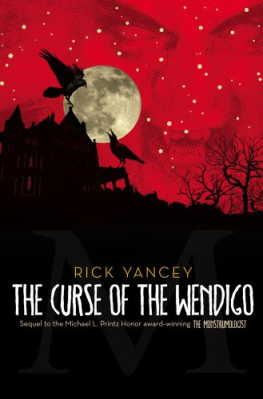
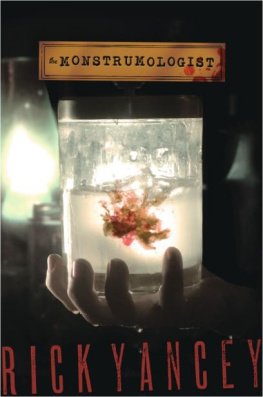
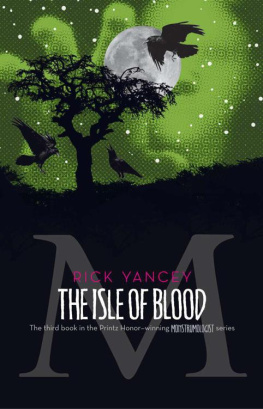
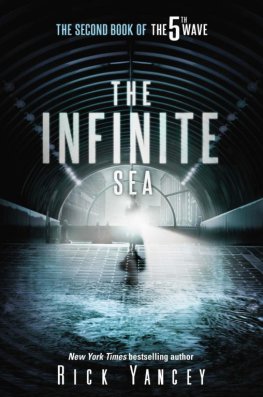
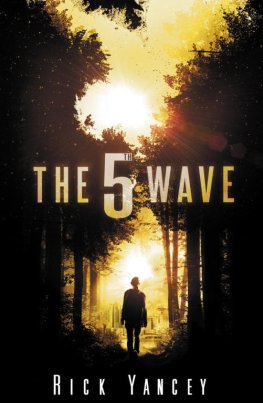

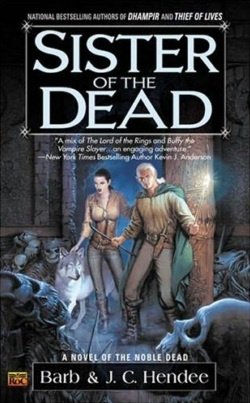
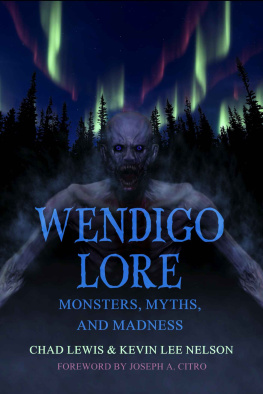
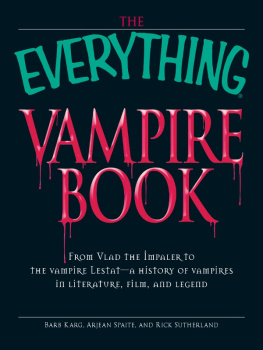
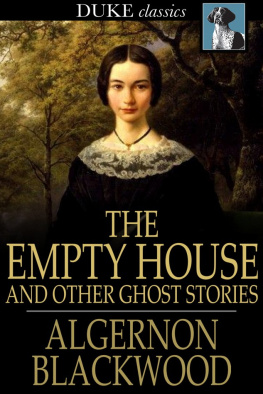
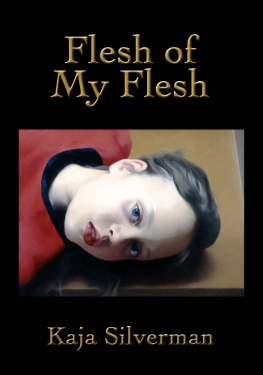
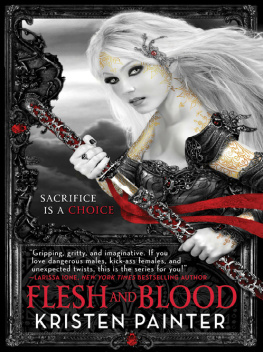
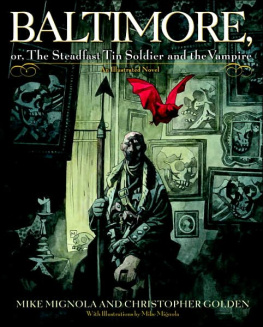



 is a trademark of Simon & Schuster, Inc.
is a trademark of Simon & Schuster, Inc.

